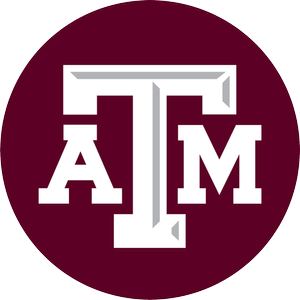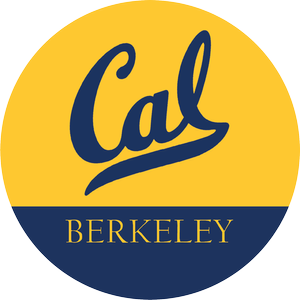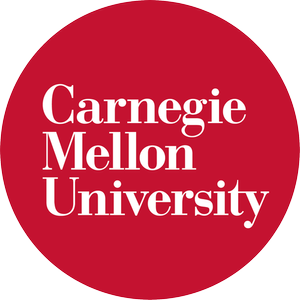
ATP-Bio is a world-class partnership between engineering, medicine, science, education, business, and ethics at six premier research universities. It supports the crucial advancement of biopreservation technologies and enables innovation, commercialization, and diverse workforce development. Across ATP-Bio, the institutional resources are abundant.

University of Minnesota (UMN) is the lead institution as ATP-Bio headquarters. UMN’s expertise includes heat transfer, nanomedicine, cryobiology, particle technology, aerosols, 3D printing, cell therapies, physiology, bioelectronics, chemistry, advanced manufacturing, STEM education, psychology, bioethics, law and policy, business, innovation and commercialization.

Massachusetts General Hospital (MGH), ATP-Bio’s co-lead institution, is a world leader in every facet of cryobiology including biopreservation, biomineralization, biostabilization, microfluidics, tissue engineering, cryopreservation, BioMEMS, chemical engineering, organ reengineering, organ preservation, and metabolomics.

Texas A&M University (TAMU) s a core partner (as of Y3) and the biggest university in America and has recently become an HSI. TAMU brings expertise in optics, laser nanowarming, molecular systems biotechnology in inflammatory diseases, microfluidic model systems, and intersections of thermodynamics and metabolic engineering in biopreservation and conservation biology.

University of California-Riverside (UCR) is a core partner and a Hispanic-Serving Institution (HSI) and one of America’s most successful at graduating students from underrepresented and disadvantaged backgrounds. UCR brings expertise in nanofabrication, material science, nanostructures, nanoparticle development, laser technology, and optics.

University of California-Berkeley (UCB) is an affiliated partner and a leading public research university providing pioneers in cryobiology, micro-physiological systems, micro and nano energy conversion, organoids, drug discovery, and thermal measurement technologies.

Carnegie Mellon University (CMU) is an affiliated partner and brings cryobiology, cryosurgery, and cryomedicine research to the Center.

Smithsonian – more details coming soon